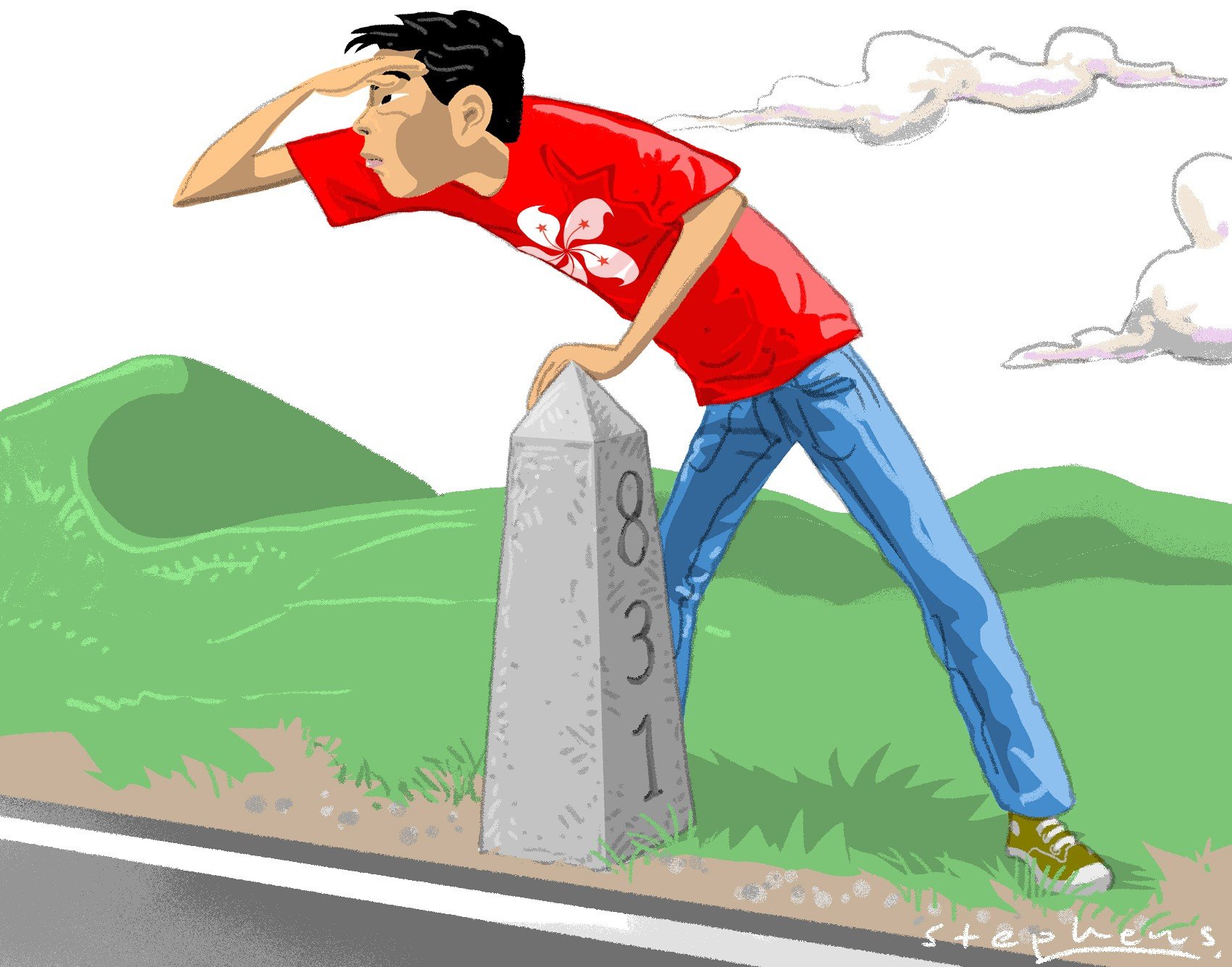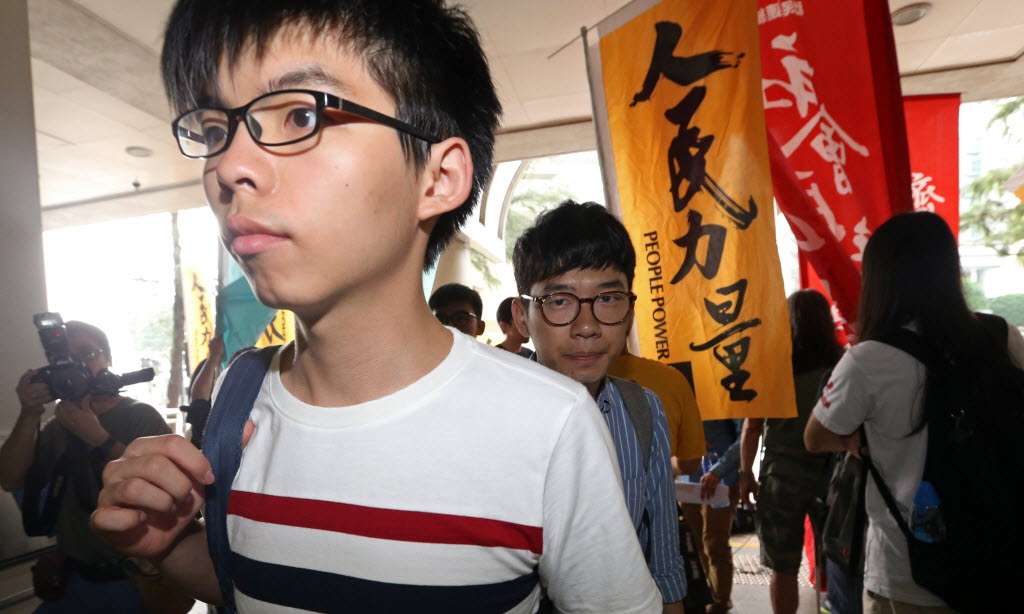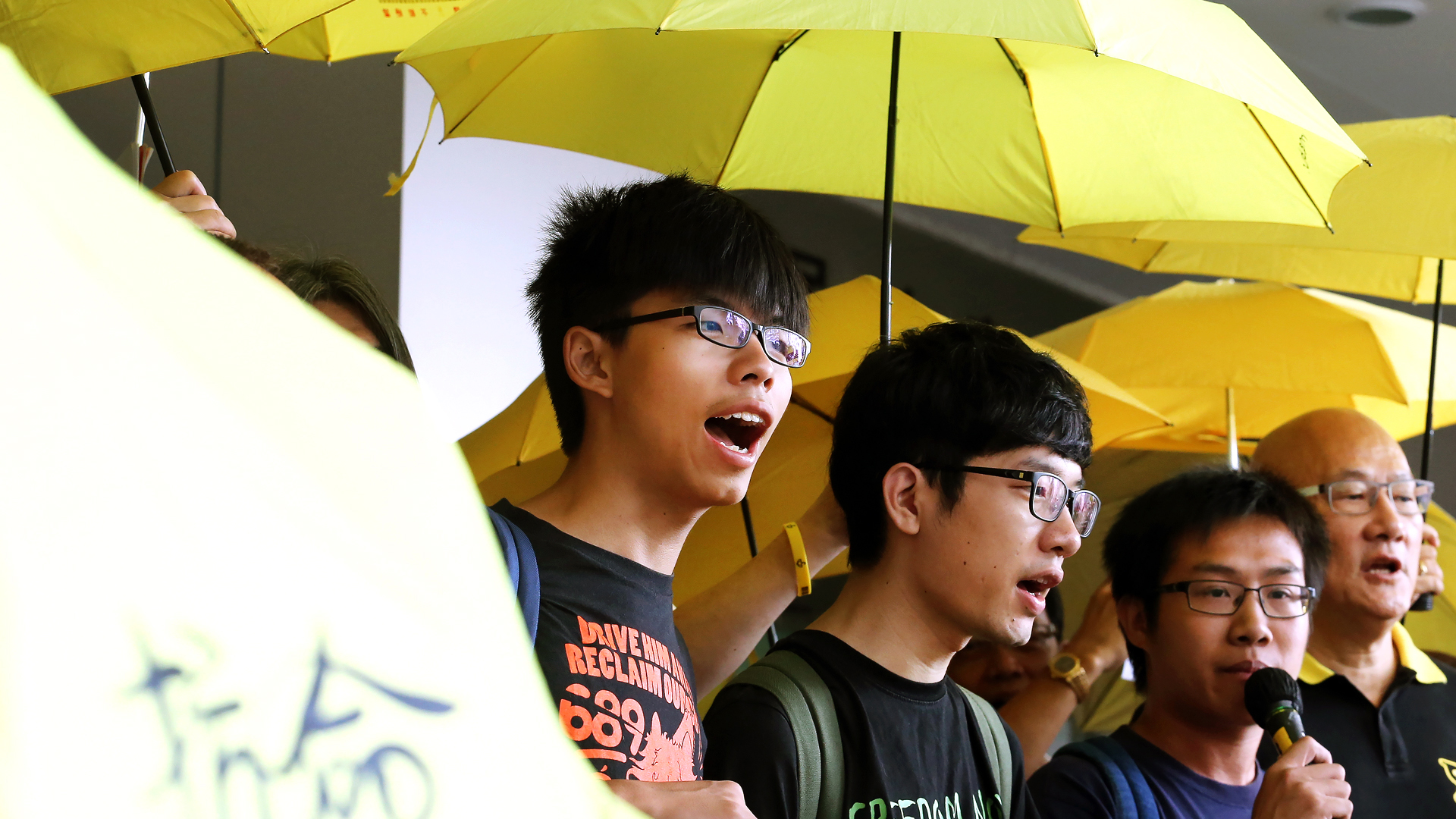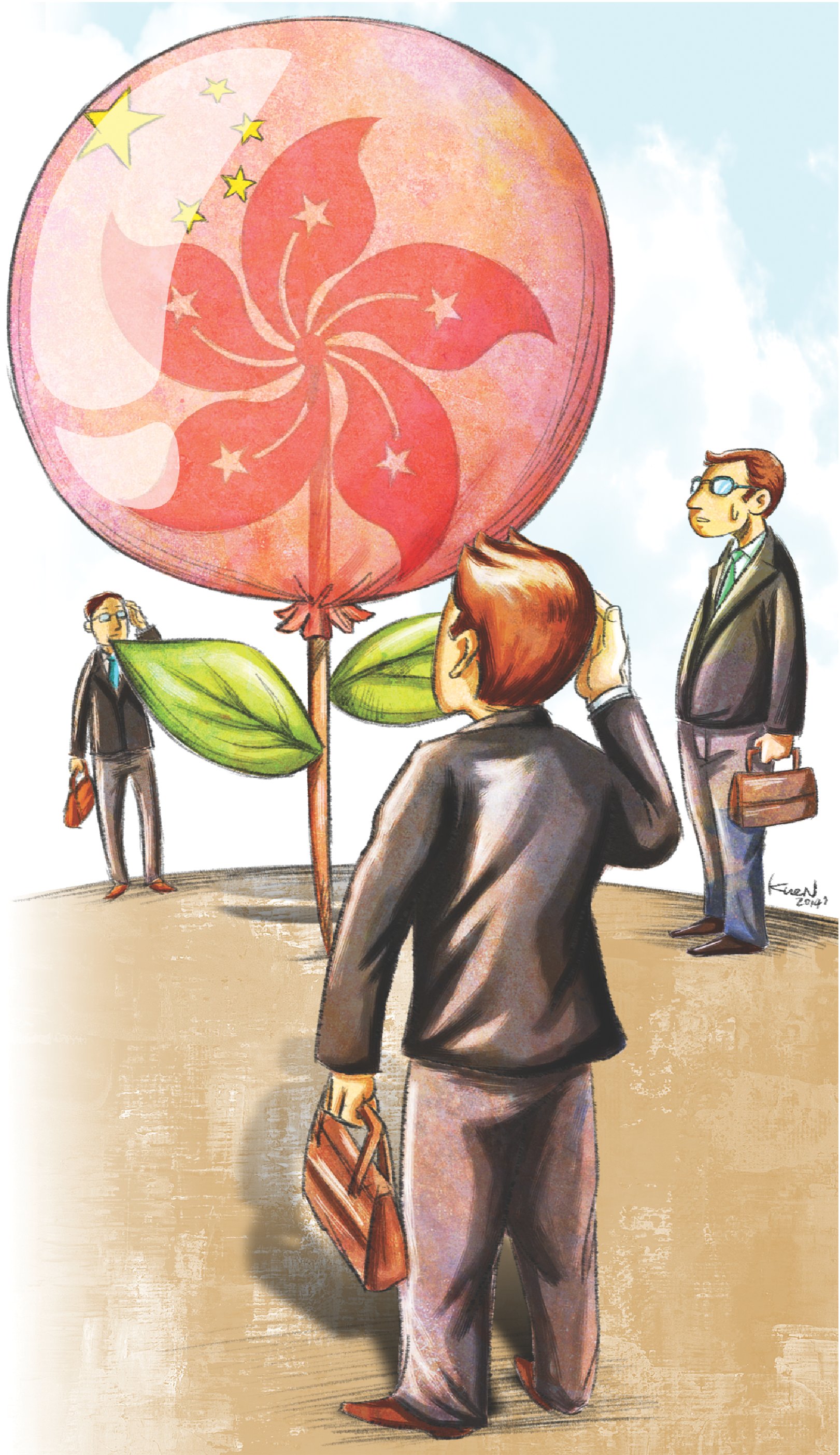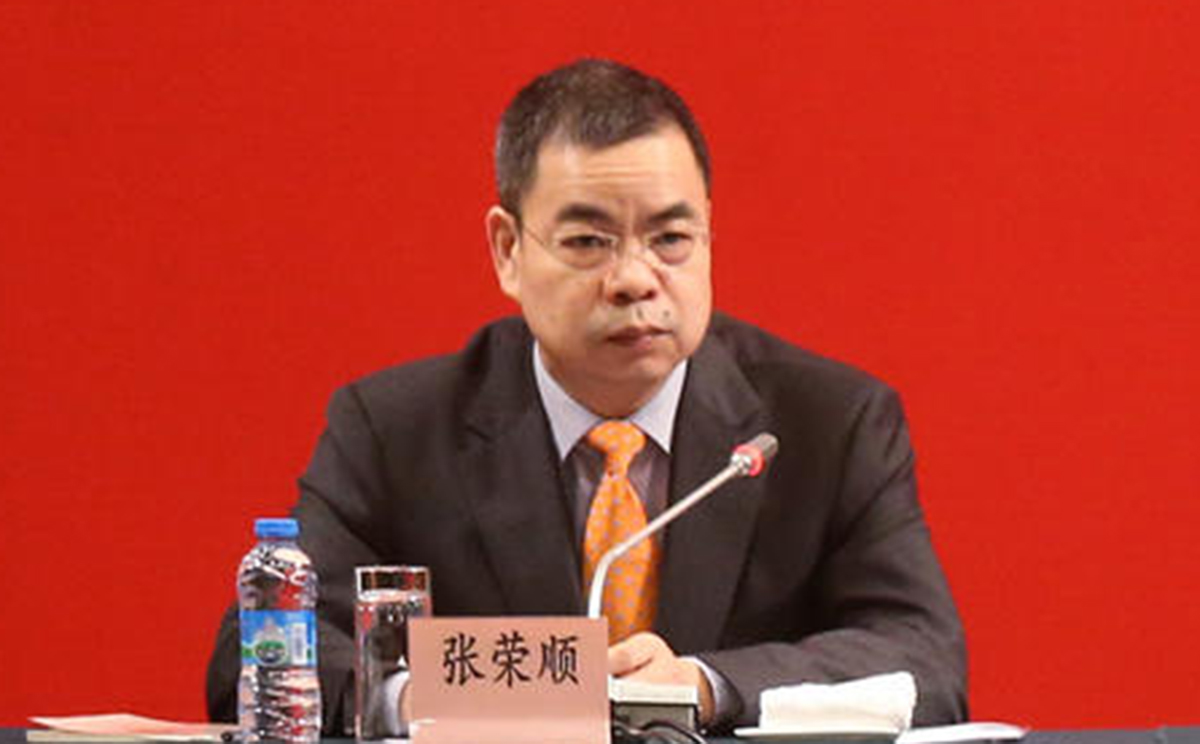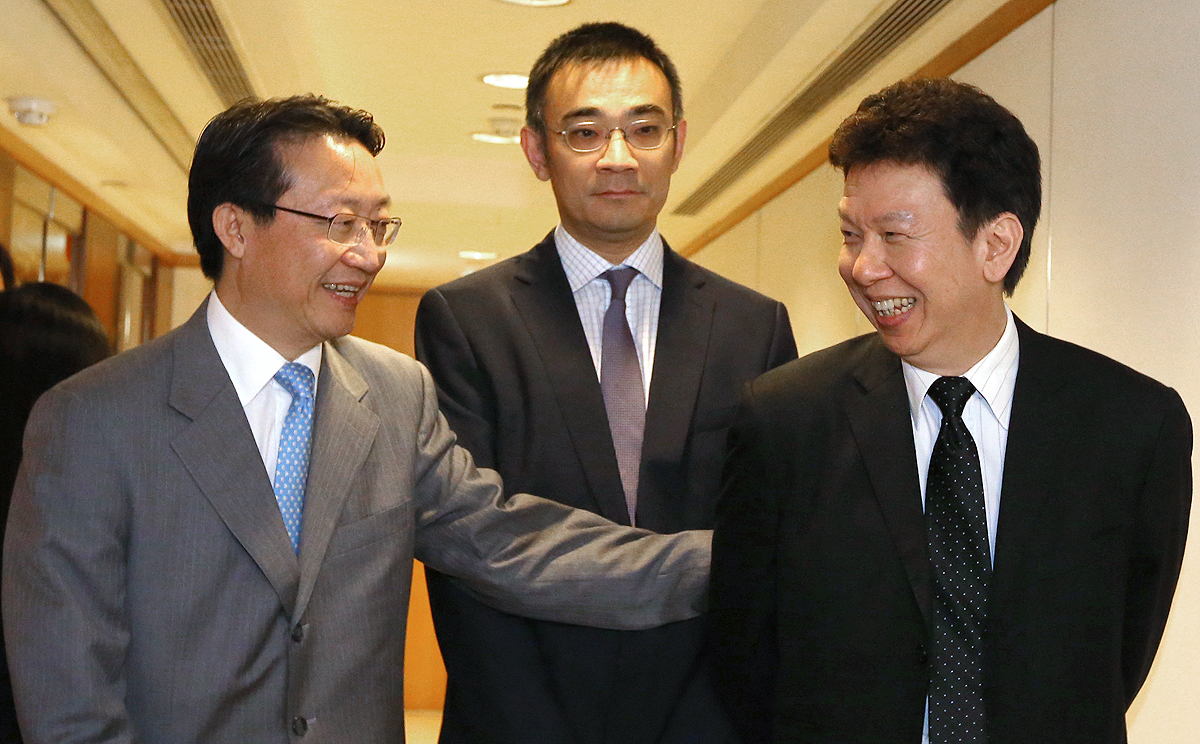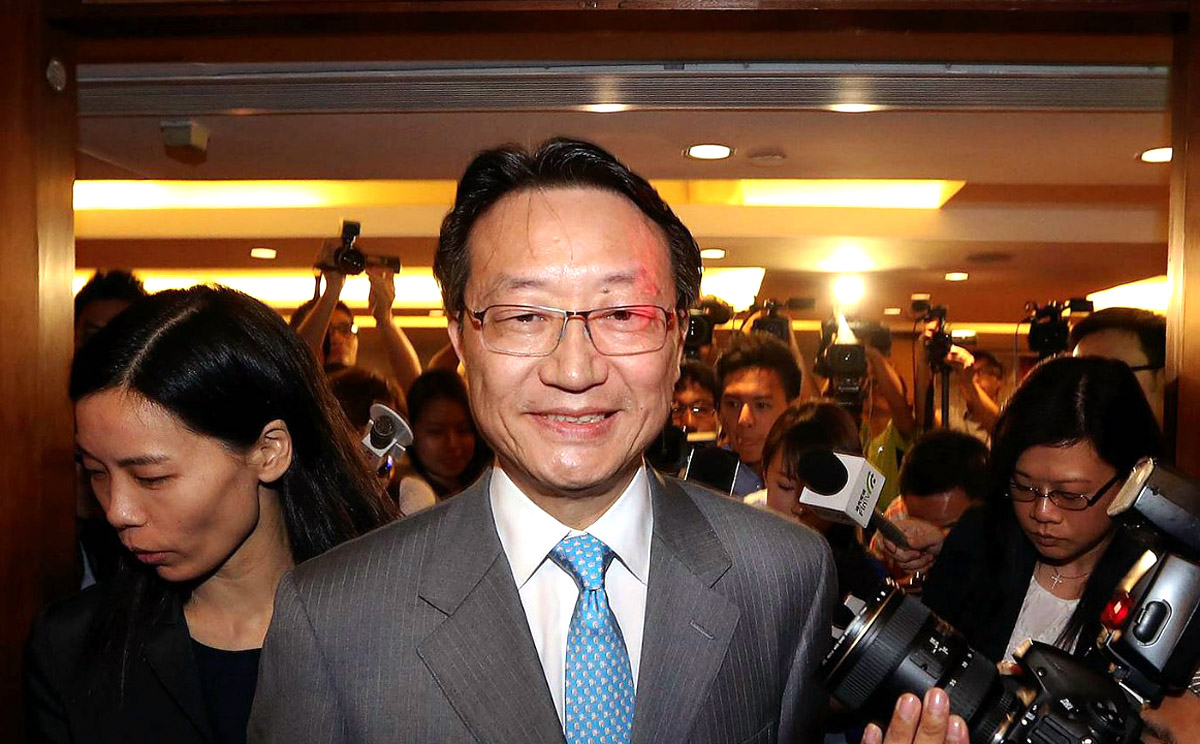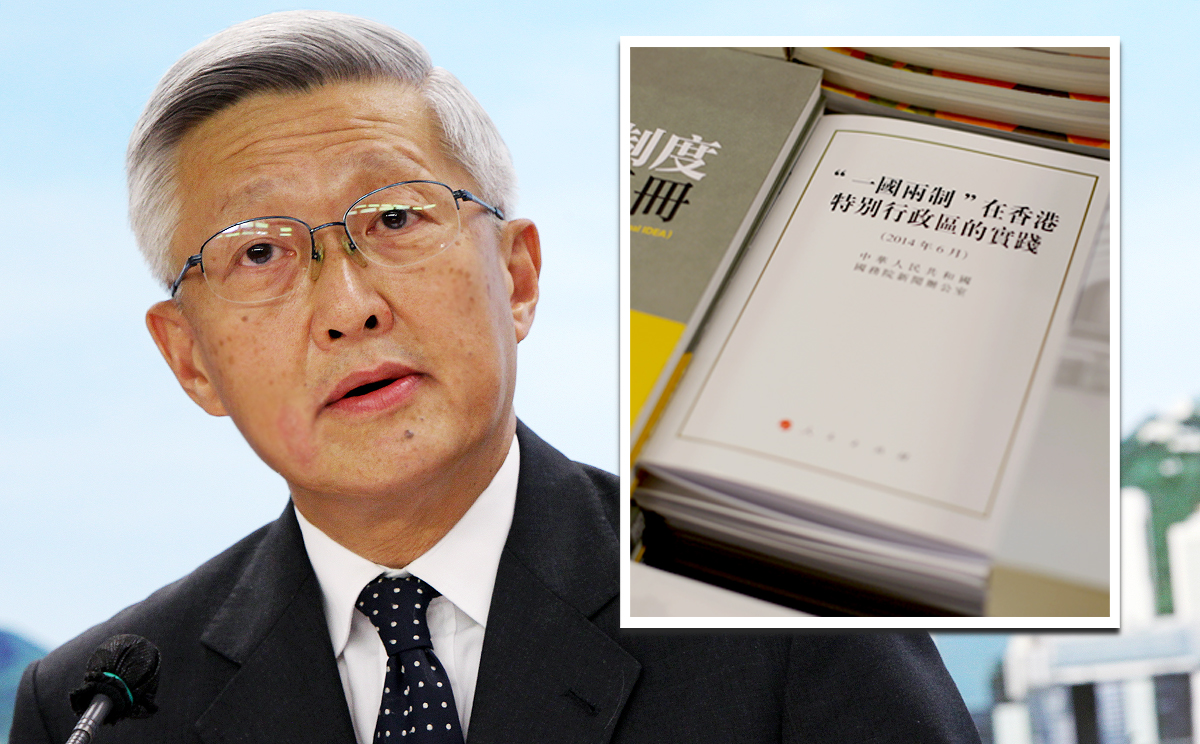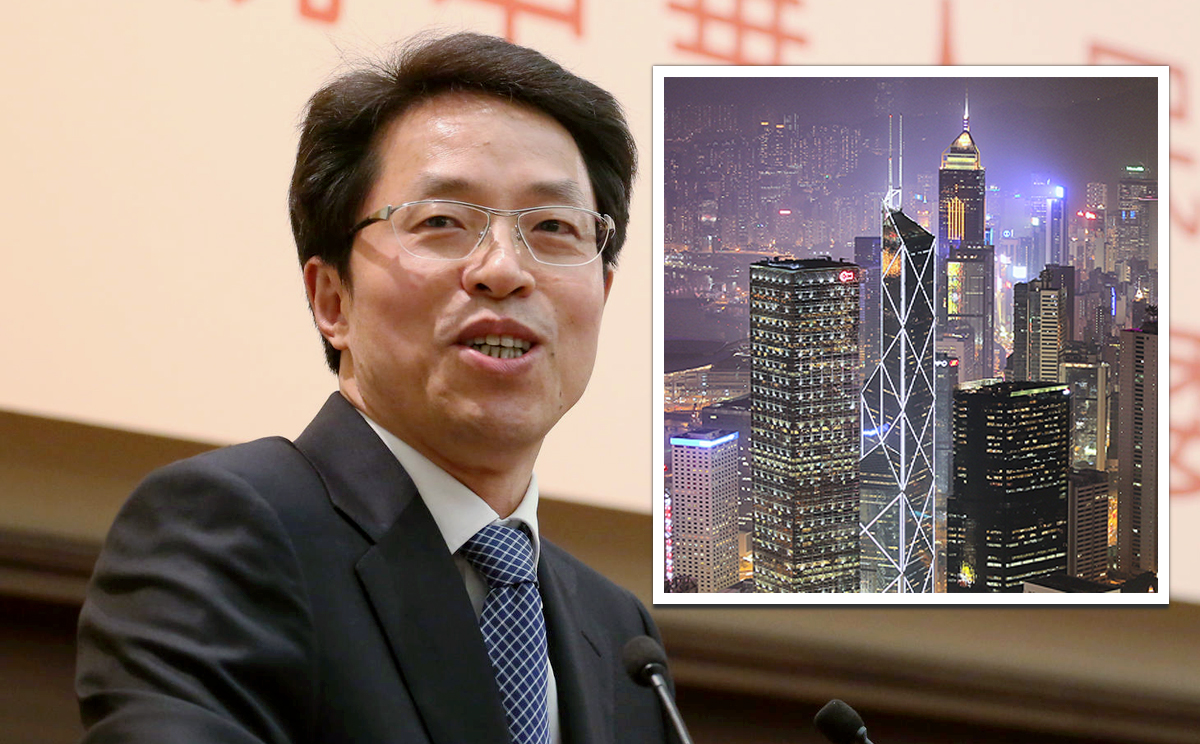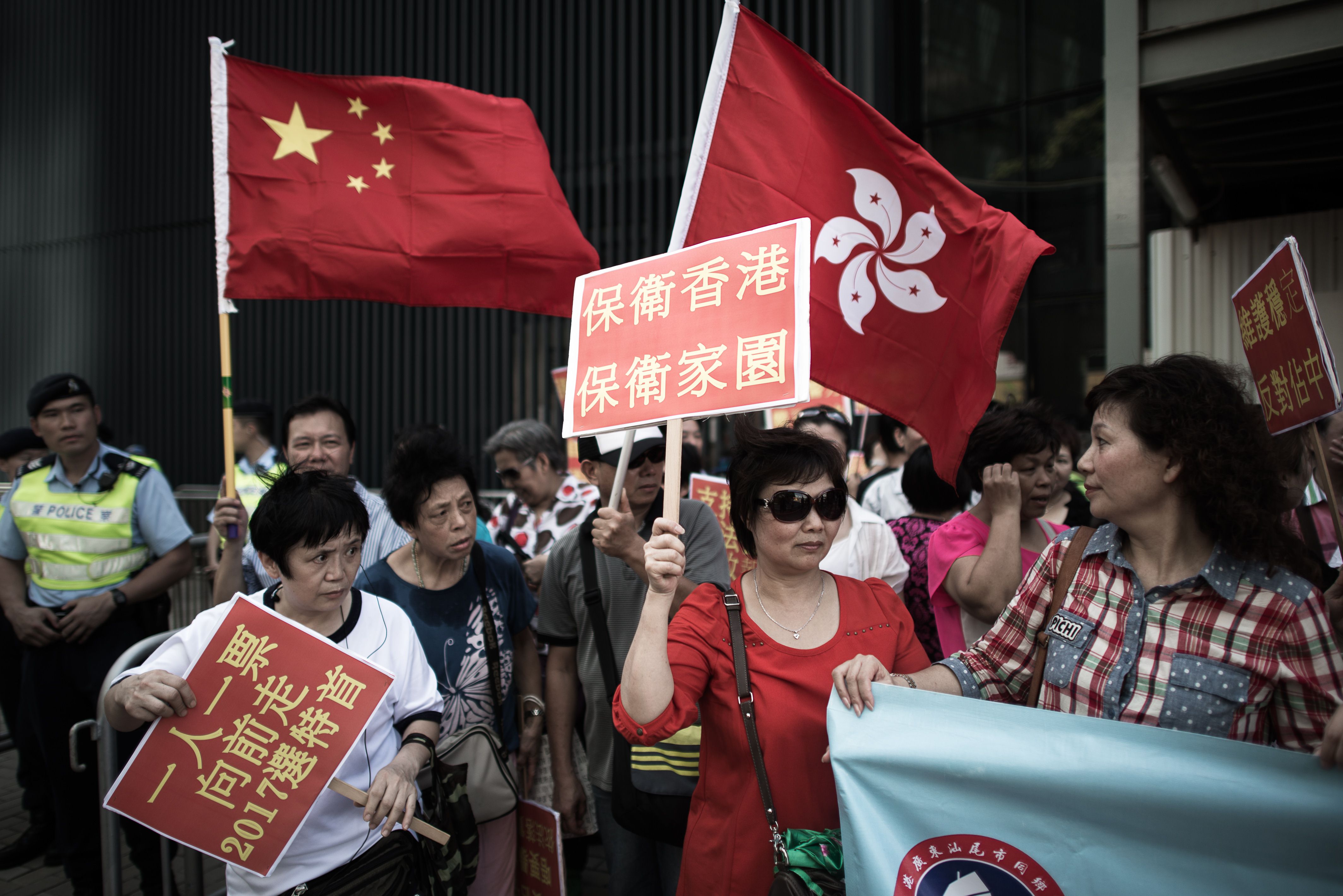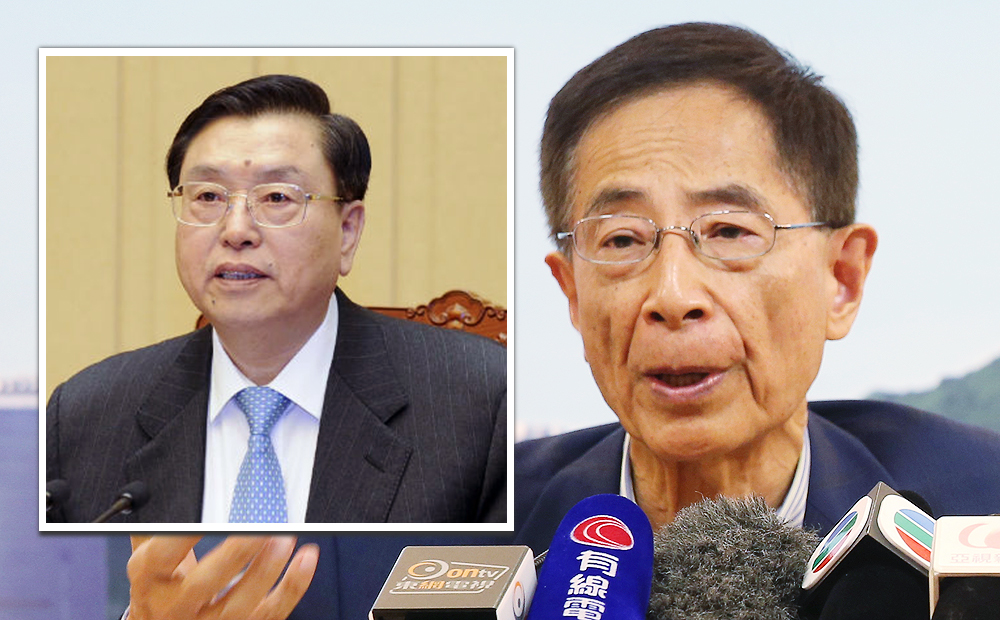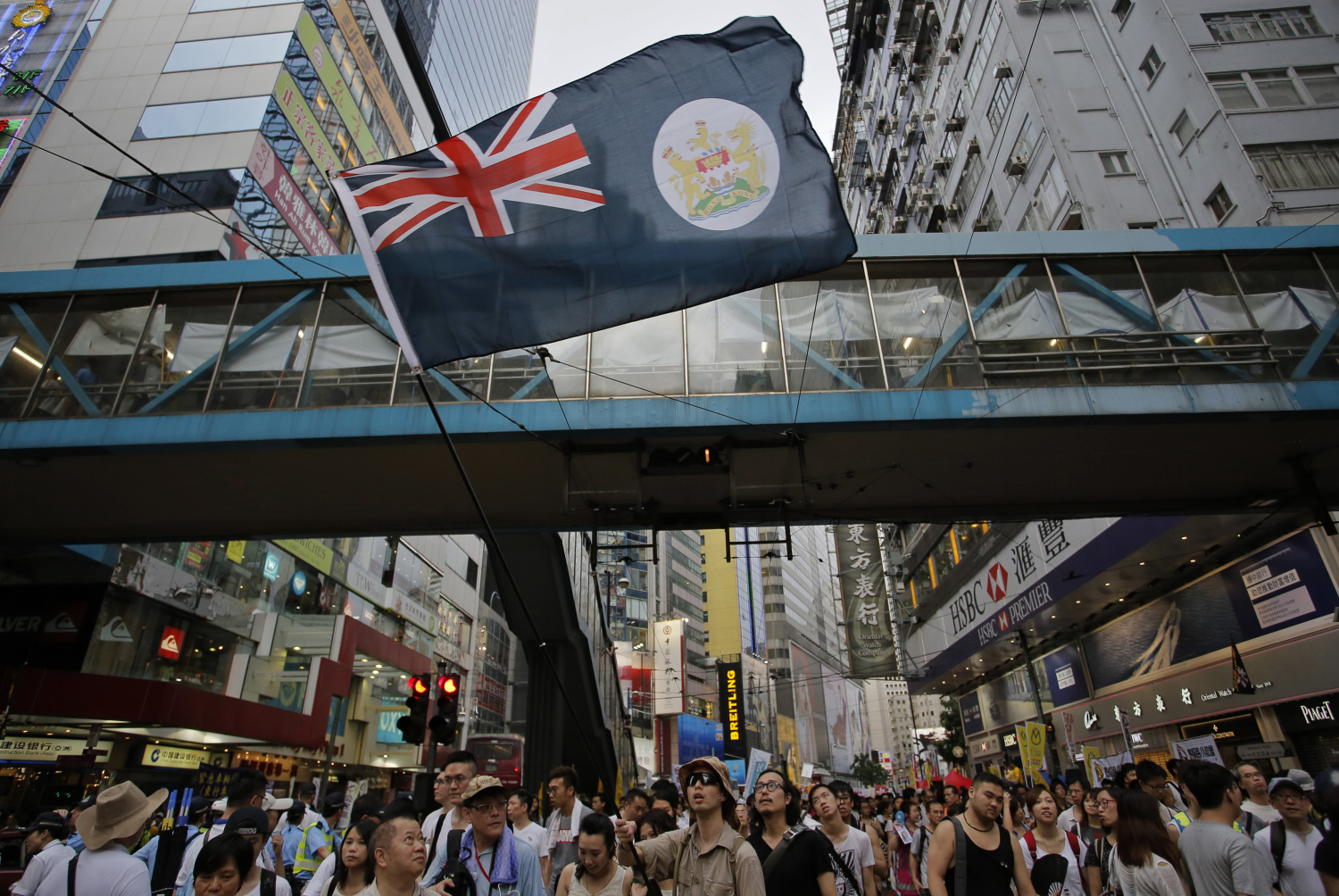Advertisement
Advertisement
TOPIC
Beijing White Paper 2014
Beijing White Paper 2014
Beijing releases a white paper on Hong Kong stating that it has ‘complete jurisdiction’ over the territory and is the source of its autonomy.
Advertisement
Advertisement
Advertisement
Advertisement
Advertisement
Advertisement
Help preserve 120 years of quality journalism.
SUPPORT NOWAdvertisement
Advertisement
Advertisement
Advertisement
Advertisement
Advertisement
Advertisement
Advertisement
Advertisement
Advertisement
Advertisement
Advertisement
